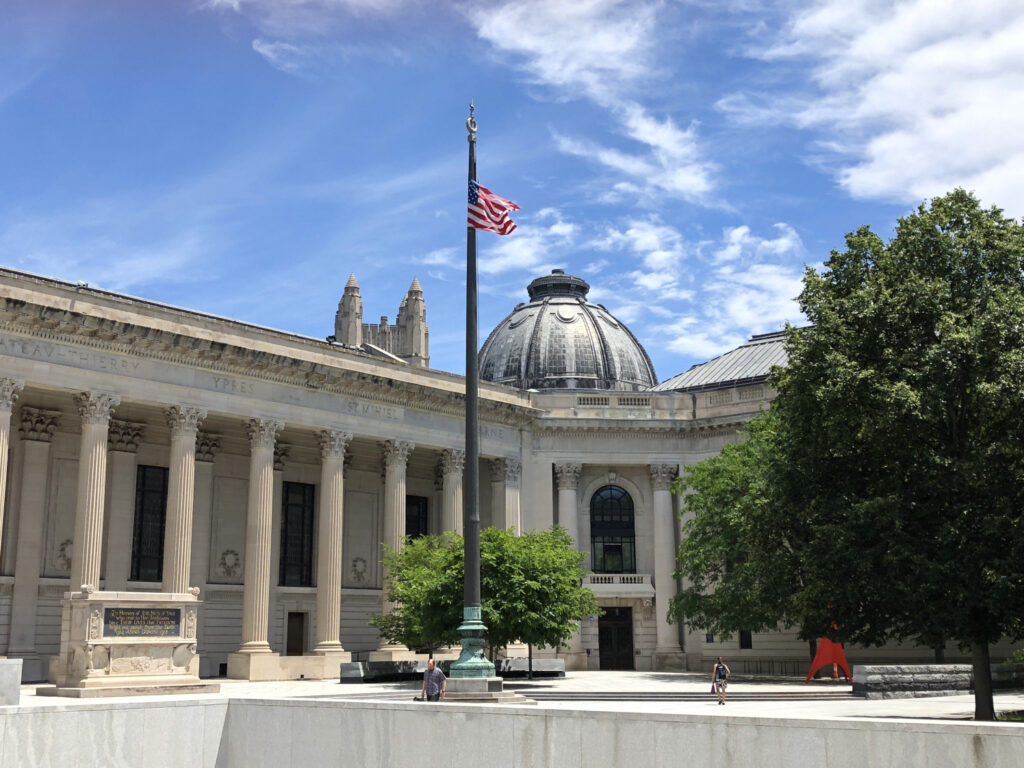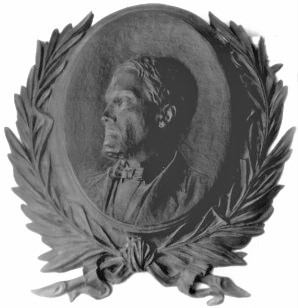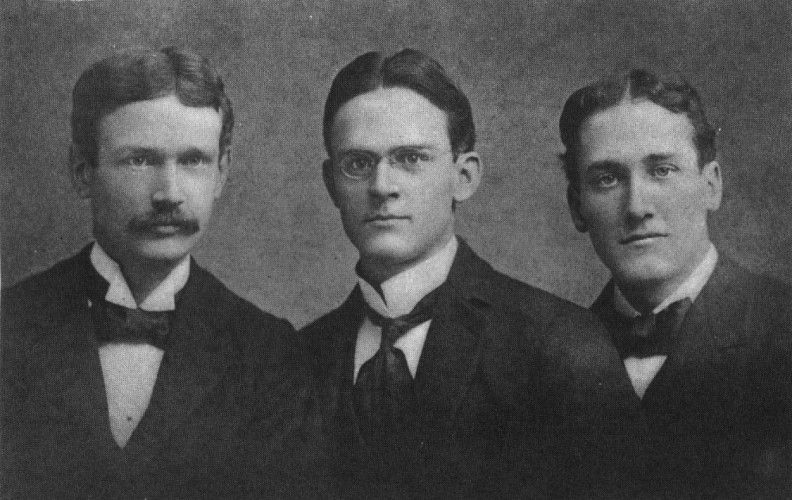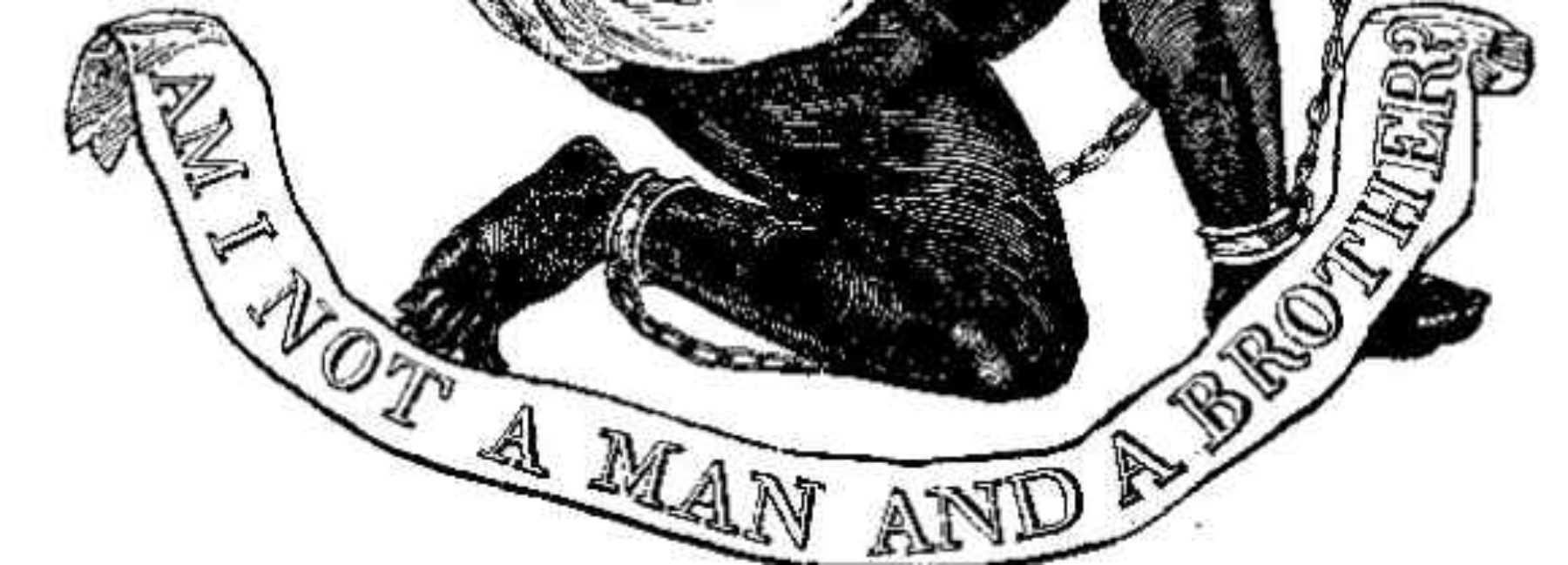Horace Tracy Pitkin: Yale’s First Martyr
Horace Tracy Pitkin lived thirty years. Yet from the time he entered Yale as a freshman in 1888 until 1900 when he died as a martyr in China, Pitkin accomplished more in “twelve glorious years of crowded life” than most people do in a lifetime. He was not especially well known on campus, but he more than any other student was a leader in the Christian missionary movement that sprung from Yale during the last decade of the 1800’s. The memorial that hangs in the Woolsey rotunda, erected by his classmates after his death, speaks of his influence on his generation of college students and the world.
Tracy Pitkin was a “good all-around student”—one of many in the entering freshman class. He was a conscientious student, an expressive improviser on the piano, and a versatile athlete with an active interest in tennis, football, and rowing. Yet what distinguished him from among his classmates was his sincerity.
One student wrote, “Horace Pitkin, or ‘Tracy,’ roomed just across the hall from me in Lawrence, so that I often heard his voice in the same entry, and listened to his playing the piano in his room. He was pre-eminently a religious man, not a recluse, not a bigot, not a wiseacre, but on the contrary a strong, cheery, healthy fellow. His sincerity was shown once when, speaking of the cause to which he gave his life, he said to me, ‘I would die for it.’ And how little I could comprehend then a Boxer uprising and his name among those who gained a martyr’s crown.”


IN MEMORY OF
HORACE TRACY PITKIN
BORN IN 1869 AT PHILADELPHIA
GRADUATED
IN 1888 AT EXETER ACADEMY
AT YALE COLLEGE IN 1892
AND AT UNION THEOLOGICAL
SEMINARY IN 1896
THREE YEARS MISSIONARY IN CHINA
KILLED AT HIS POST
IN PAO TING FU
BY THE BOXERS: JULY 1900.
WHOSOEVER SHALL LOSE HIS LIFE
FOR MY SAKE AND THE GOSPEL’S
THE SAME SHALL SAVE IT.
H. W. Luce, who followed Pitkin to China as a missionary (also the father of Henry Luce, founder and publisher of Life and Time) described Pitkin’s conduct at Yale: “Immediately upon entering college, he identified himself with its religious interests. Not a few men made shipwreck of their college Christian life, or at least made it null and void of power, during those four precious college years, just because they waited to see how things ‘went’ religiously in college, not realizing that the position one takes the first few weeks will, in the majority of cases, determine the religious trend of one’s whole college life. Not so Pitkin. He was governed always by the inward principle and life, and he at once took his stand regardless of any outward conditions.” Strong in his convictions, Pitkin refused the gambling, smoking, or in general, the carousing which were the trends of his day.
During the summer after his freshman year, Pitkin made a decision that affected the rest of his course at Yale. He attended the Northfield Student Conference, which was a voluntary summer meeting held to foster missionary interest in Christian students. Though he had “always had in the back of his mind to become a missionary or a minister,” it was there that he quietly and resolutely committed himself to God, particularly God’s work in foreign missions.
Pitkin returned to Yale a fairly obscure sophomore. Yet with steady effort and prayer and full devotion to God, Pitkin kindled the missionary interest at Yale. Under his leadership, the Yale Band was formed which later became Yale Mission in China. By his senior year, the Yale Band had 24 student volunteers, many of them prominent men in the college, who later served in foreign countries as Christian missionaries.
In New Haven, Pitkin would visit different churches and youth groups to raise money in support of the missionaries. He also worked at the Grand Avenue Rescue Mission every Sunday and there aided the homeless and drunkards.
G. Sherwood Eddy, Pitkin’s classmate and later missionary to India, said of Pitkin, “He was perhaps the most consecrated man in the class. It was he, among the two thousand in the university, who was first ready to hear God’s call to the foreign field. The rest of us, I think, were not within calling distance. Each had his own ambitions and plans. he was the first to be ambitious for God and his kingdom. And having yielded his own life, he became a tireless worker where he was. He did not postpone his life, he lived then.”

Henry Luce ’92
Missionary to China
G.S. Eddy ’91
Missionary to India
H.T. Pitkin ’92
Missionary to China
After graduation, Pitkin entered Union Theological Seminary in New York. His love of serving God made him the natural spokesman for the cause of foreign missions not only within the institution, but in the churches of New York and Brooklyn and later in the colleges of New England. For three years, he challenged Christian students with the call to foreign missionary service, even going as far as the major colleges in the Midwest. These colleges in turn supplied the strength of the missionary movement in America at the turn of the century.
In 1895, Pitkin and those who had gone to other parts of the U.S. returned east to speak at Chicago, Philadelphia, and New York. “In Philadelphia,” G. S. Eddy wrote, “We prayed for deeper unity and greater power. On the morning of the last day, I remember hearing the saintly Peter Scott, then just returned from Africa, praying that Pitkin might be filled with greater blessing. I do not know how Pitkin spent the day. He was alone in prayer, and so were we. But I shall not forget hearing him that night. It was evident that something had happened between his soul and God. It was evident that the Spirit of God was upon him by the presence of Jesus Himself in all he said and did. It was a mass meeting of students and though it was already late, he held the entire audience with great power.”
After arousing missionary interest in the United States, Pitkin and his newly-wed wife went to China as self-supporting missionaries. Pitkin lived among the Chinese, learning their language, but he had not been in China long when a fanatical political-religious sect called the Boxers began to take over the country. Motivated by a hatred toward foreigners, they began to set fire to mission compounds and to kill Christian missionaries along with the Chinese associated with them.
In 1900, the Boxers had sealed off all exits from Paotingfu, the city where Pitkin was stationed. Despite the perilous situation, his love for the Chinese did not wane. A Chinese messenger managed to escape the city with Pitkin’s last wish for his wife and son who at that time were in Ohio: “Tell the mother of little Horace to tell Horace that his father’s last wish was that when he is twenty-five years of age, he should come to China as a missionary.”
On the first of July, through a pouring rain, a mob organized by the Boxers attacked Pitkin’s mission compound from the front and back. Pitkin attempted to defend the women and children in the mission, but the mob soon burst through the gate and captured Pitkin in the mission school yard. There, he was beheaded.
The earnestness and intensity of his whole-souled devotion to God led one peer to describe him thus: “Straight, strong, with a clear eye and sensitive mouth, whether in fun or in earnest, always doing with his might what he had found to do. Perhaps that was his most striking characteristic. He was no faultless saint. I have known more gentle, more lovable men, greater scholars, deeper thinkers, but never have I known any one with such power of translating faith into action. With him, to believe was to do.”
“Short as was his life, I never knew him to waste a moment of it.”
Yuna Lee, Saybrook ’94
Quotations taken from G.S. Eddy’s Horace Tracy Pitkin: Missionary, Advocate, and Martyr

